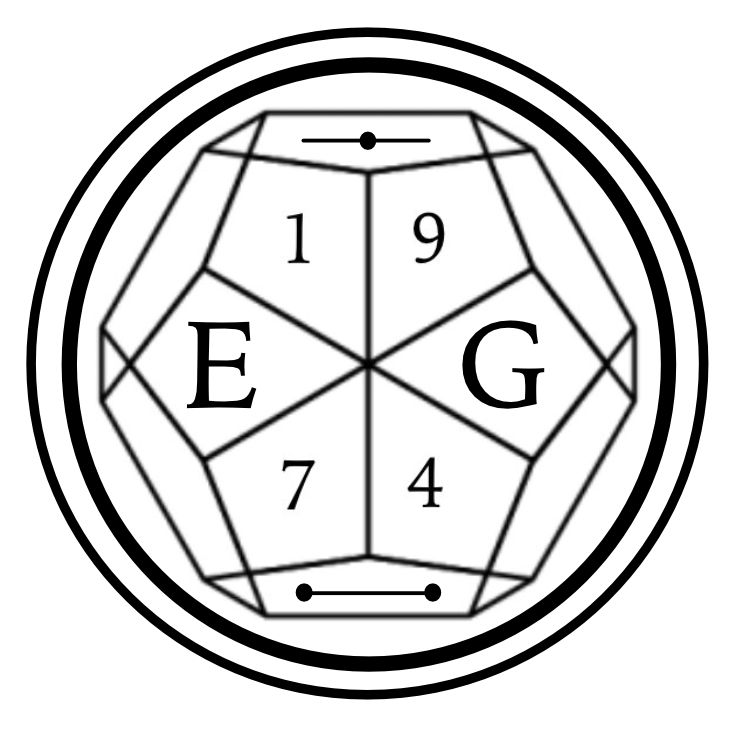Science is what is, which requires nor benefits from belief. Adding a belief layer is interpreting, exploitable, and leads to believing untrue things as true (Science).
Reduced Logical Form: I believe what is (true) = Oxymoron
Oxymoron: A rhetorical figure in which incongruous or contradictory terms are combined
Explainer: It is impossible to believe what is true.
—Highly Related—
Question: 1 - Is it true or false?
Hint: Is/must/can the number/digit/integer 1 (one) be boolean in [all] cases? What are the conditions in which 1 is false?
Test from OCaml:
if 1 then true else false;;
Theorem Pseudocode: if (1 = true) && (2 = 1 + 1) && (2 = true && true) then [true +& true +& …] = true else nothing else matters
Note my recursive application to all other numbers/physics and inference that if 1 is not true, nothing is true
Postulation: All positive integers are true


I would say in programmer terms that would be a less strict evaluation of Science. Science strives for Truth through experimentation and peer proofing, but it’s purpose is the seeking of truth. So purpose and now state. I would also say if “the state of Science” is least wrong, then we would be no where as advanced as we are. The Scientific Method is about proving the most right.
Science has uncovered an incredible amount of truths and we use those truths everywhere around us, Chemistry is a good example. If the rules of chemistry weren’t true and correct, then the formulas would fail.
“If the story of Adam and Eve wasn’t true and correct, then there wouldn’t be any humans.”
You have a very binary understanding of what is necessary for something to be true that is almost dogmatic.
The rules of chemistry need not be true and correct for formulas to succeed. People were doing correct things for the wrong reasons, even scientifically, for centuries, if not millennia. Think about things like surgeons not washing hands, inefficient gunpowder, bloodletting, or the attempts at a unified theory of Physics - we know that not everything is correct, yet the formulas don’t fail at small enough scales/slow enough scales/within certain observational parameters.
You’re right that science aims for truth, but that doesn’t mean it can attain anything more than our closest approximation of the truth (limited by human perspectives and resources). We believe in it because it is what works, for now. And the beauty of this is that if one day some incontrovertible proof for a higher being does come up, we will recalibrate all our theories to account for it (presumably after very, very stringent checks.)
Now if your whole point is Science has done very many good things all around us, that is 100% true! But that says nothing about the truth value of Science, beyond that there is a lot of evidence of it working that one time (which is not what you seem to be claiming when you say it exists regardless of belief).